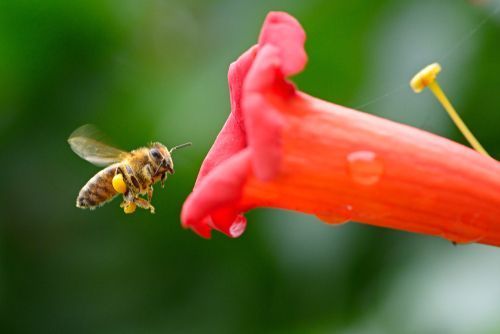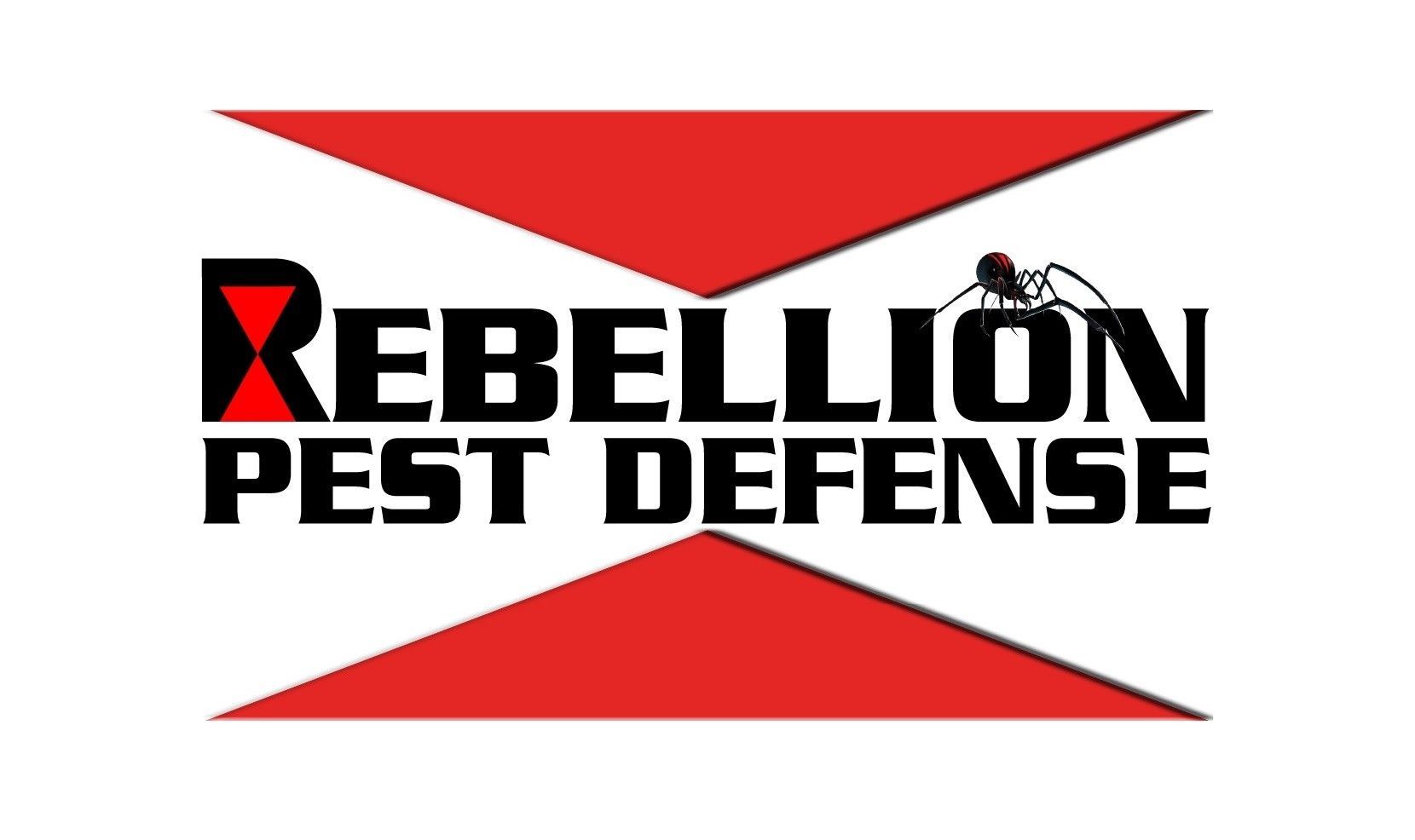Remove Bees Safely From Your Home
Hire us for honeybee pest services in the Greater Phoenix Area
Honeybees are mostly harmless, but that doesn't mean they can't become a nuisance. If you have yard or household debris around your home, you're unknowingly creating the perfect habitat for honeybees to start a hive.
At Rebellion Pest Defense, we frequently provide honeybee pest control services around:
- Old car tires
- Outdoor grills
- Lawn equipment
- Storage sheds
- Decks and porches
If you see frequent bee activity around your home, chances are you have a honeybee hive somewhere. Call Rebellion Pest Defense today for professional honeybee pest services in the Greater Phoenix area.
How to save the bees
Before you spray honeybees with chemicals, turn to Rebellion Pest Defense for safe and friendly pest control services. Instead of killing the honeybees, we'll work to relocate the hive to a safe location. This will not only eliminate your bee problem but also help save the bee population and our environment.
Call now for honeybee pest services in the Greater Phoenix area.

FAQs
Are honeybees dangerous?
Honeybees are generally not aggressive and only sting when threatened. However, if they build a hive near your home, they can pose a risk to family members and pets.
Do you kill the honeybees when removing them?
No. At Rebellion Pest Defense, we prioritize safely relocating honeybee hives rather than exterminating them to help protect the environment and support the bee population.
Where do honeybees typically build hives around homes?
Honeybees often build hives in sheltered areas such as storage sheds, old tires, lawn equipment, under decks, and in wall cavities or attics.
What should I do if I see a swarm of bees on my property?
Avoid disturbing the bees and do not attempt to remove them yourself. Call our professional honeybee pest service team to assess and safely relocate the hive.
Why is it important to save honeybees instead of exterminating them?
Honeybees are vital pollinators that play a crucial role in our ecosystem. Relocating them helps preserve their population and supports healthy plant growth and food production.
